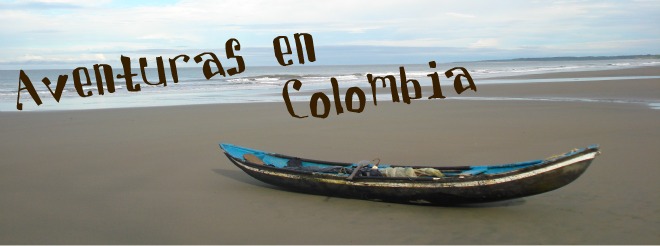One such place is the town of Caucasia, north of Colombia's second largest city, Medellín. I had not heard of this town until just recently when I happened upon this article by Elyssa Pachico for the phenomenal website Colombia Reports.
Aside from profiling a still-very dangerous area, Pachico has written one of the better anylises of Colombia's social - political, drug, tourism - situation in recent memory. Feel free to read the whole thing, but two parts that struck a chord with me were her disection of Colombia in the international media and an analogy of the challenges facing the current administration change coupled with the ongoing problem of nacro-trafficking.
To quote the article in regards to why the is little press on Colombia, and when there is it is usually negative in nature, Pachico writes:
"In the international press, especially if you’ve got one correspondent covering the entire Andean region (as is the case for the New York Times and the Washington Post), Colombia’s ongoing drug war is pretty much a story not worth reporting, aside from the occasional grabby headline. For an international audience, trying to explain Colombia’s drug war is like trying to explain Mexico’s – there are too many characters and too much backstory. There are no central protagonists anymore, no central conflict that is easily summarized."Part of the reason for the lack of "central protagonists" is the work of ex-President Álvaro Uribe and his work over eight years of breaking up the functionality of the FARC and other strong paramilitary groups opperating in the country. With the election of new President, Juan Manuel Santos, in office now for less than a month, she writes this of the current challenges in respect to drug control and gang enforcement:
"Uribe successfully disarmed and/or extradited the top level of paramilitary leadership, and now all the regular Joes too stupid and violent to previously ascend the paramilitary ranks are all scrambling for a piece of the drug-trafficking pie. Territory that was previously respected has now splintered, boundaries ignored. It’s a little as though Uribe punched a mirror and now it’s up to Santos to pick up all the tiny shards of glass, which nobody can find and which everybody keeps stepping on."Some believe it is bad luck to break a mirror; I guess it would be good advice to follow then, to not visit places still containing shards of glass as well. Sorry, Caucasia.

